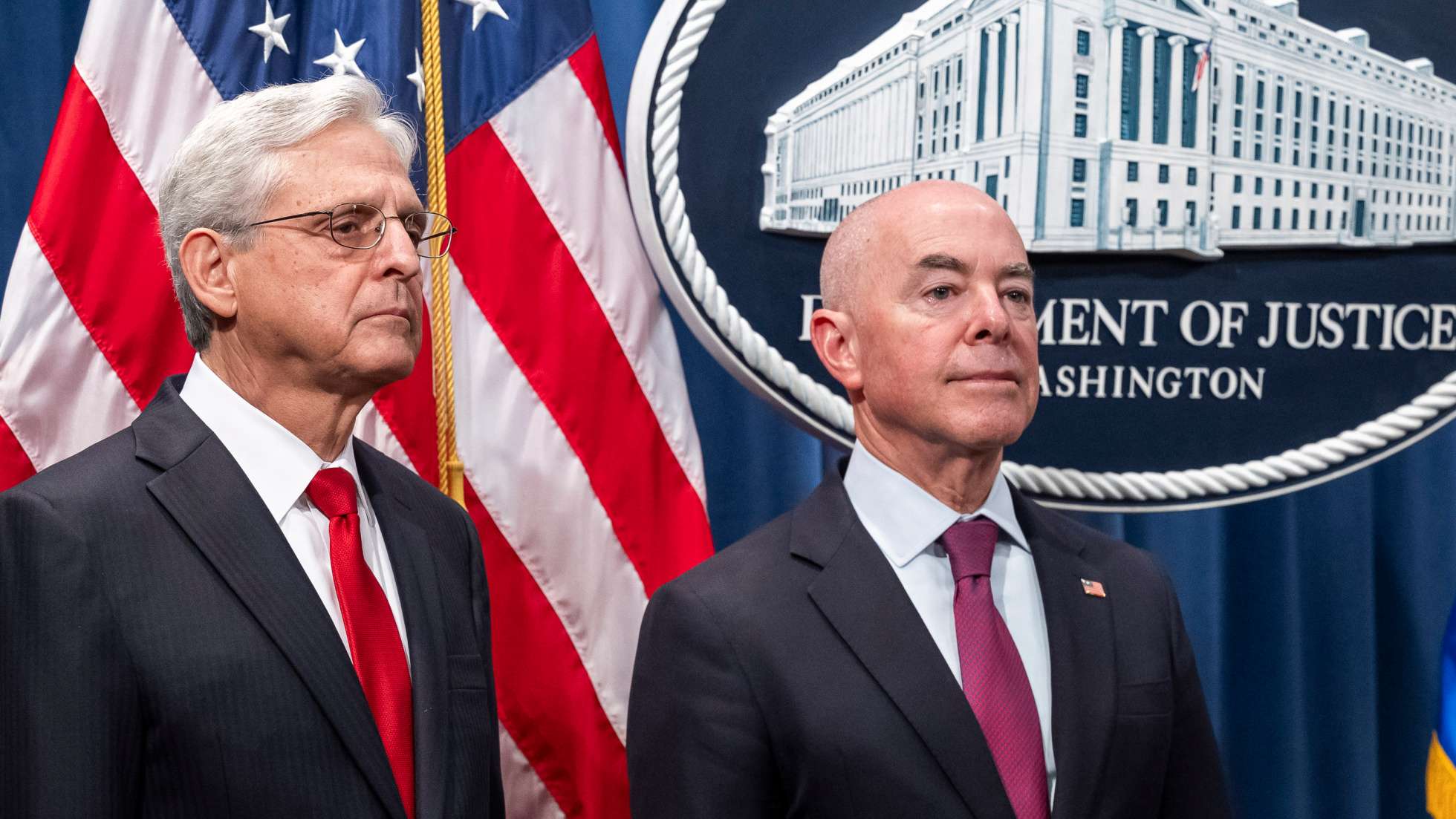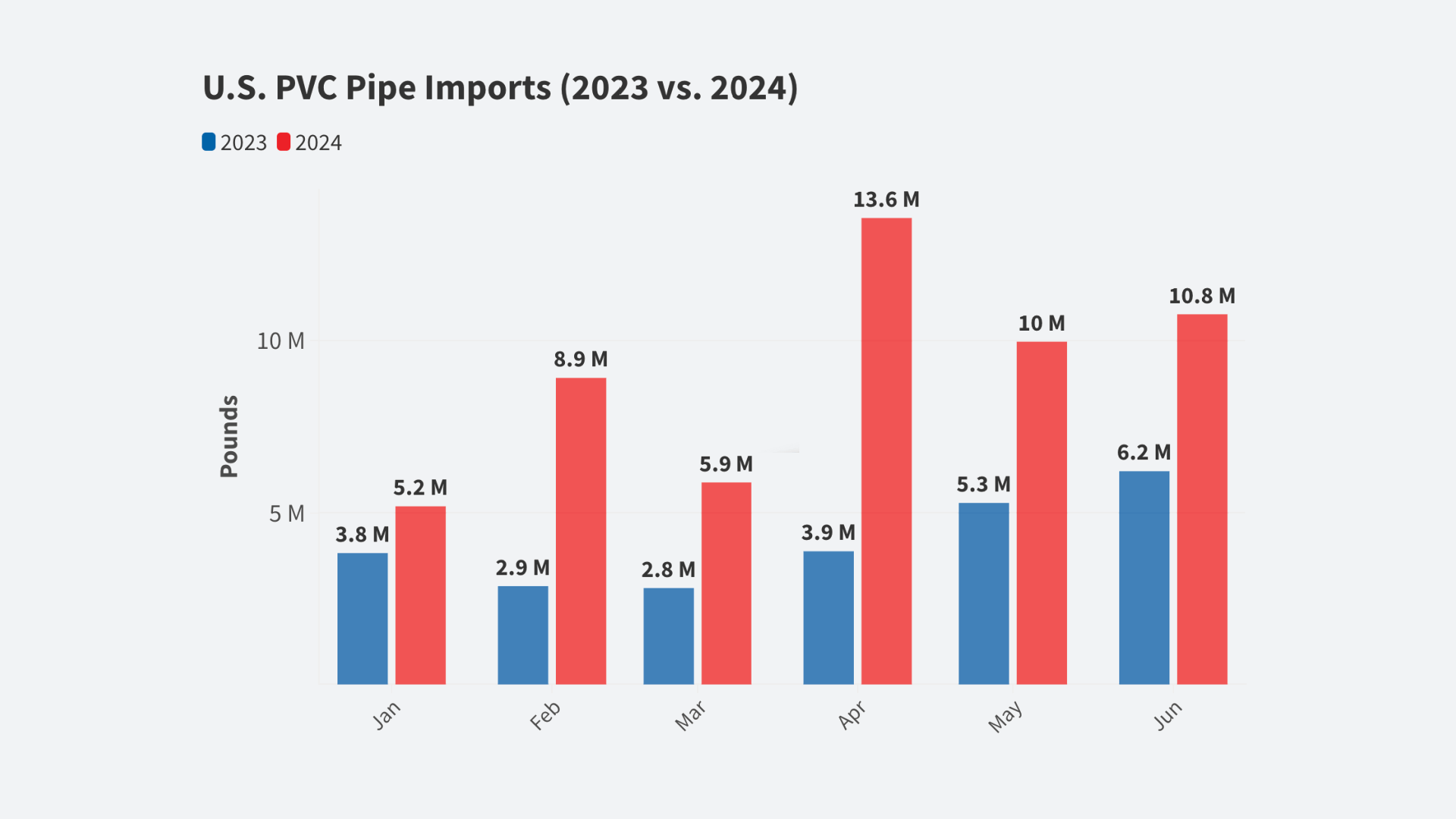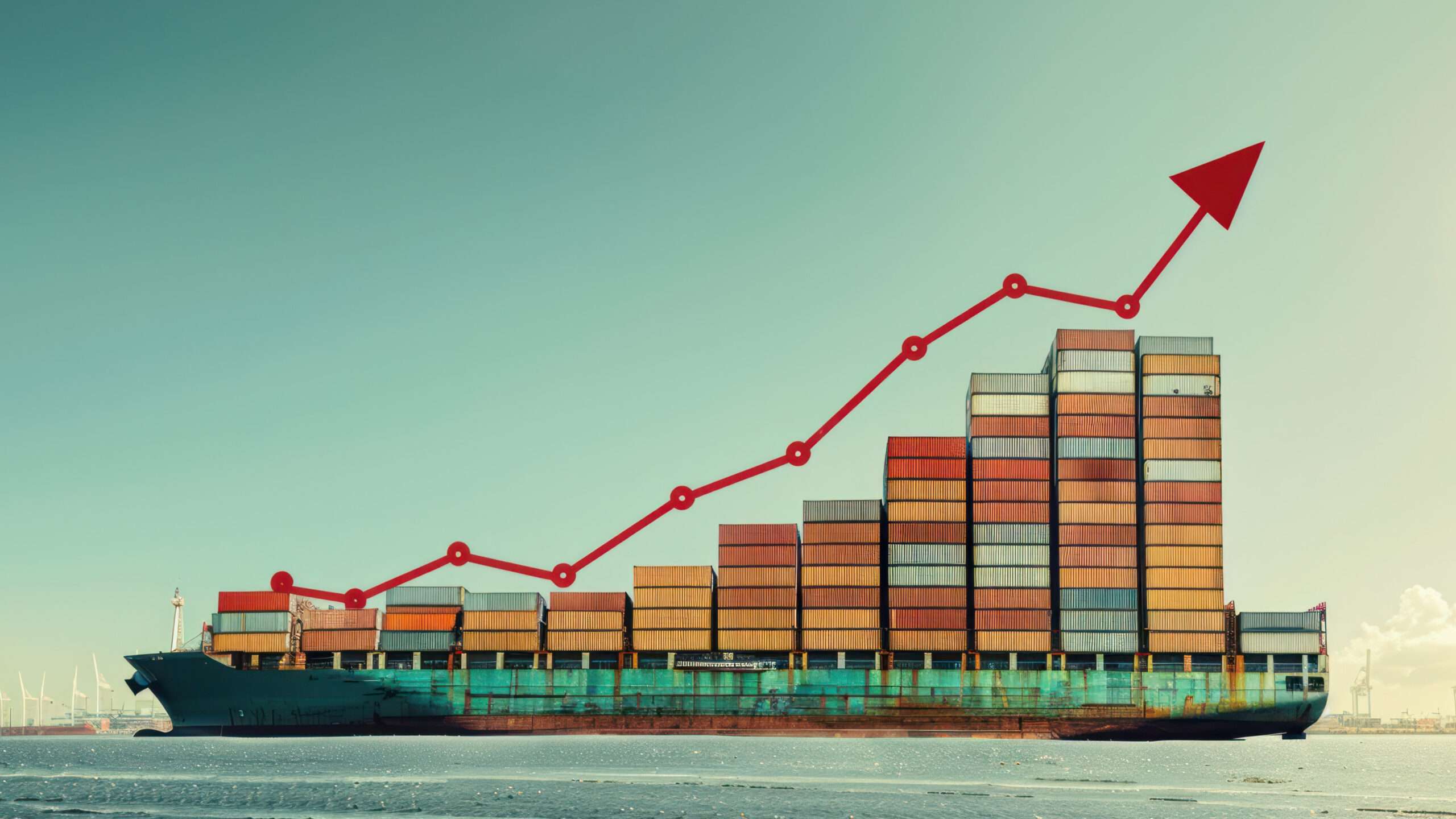
Millions of voters are siding with Donald Trump in the Republican primaries, and it’s not just because he’s a racist. He’s one of the few politicians (Bernie Sanders is another) who is telling the truth about why the American middle class is collapsing: Unfair foreign trade has decimated factory jobs, the bedrock of our economy.
Rex Nutting| March 33, 2016 |MarketWatch]
Millions of voters are siding with Donald Trump in the Republican primaries, and it’s not just because he’s a racist. He’s one of the few politicians (Bernie Sanders is another) who is telling the truth about why the American middle class is collapsing: Unfair foreign trade has decimated factory jobs, the bedrock of our economy.
Trump, Sanders and millions of voters across the political spectrum know what official Washington still denies: that so-called “free” trade isn’t an unalloyed good. They know that millions of American jobs have been lost to lower-cost producers in China and other poor countries in East Asia, South Asia and Latin America.
Those jobs anchored the middle class, and they anchored communities all through the nation. Between 1998 and 2013, 5.3 million factory jobs were lost. What’s worse, an even greater number — an estimated 7.4 million people — who don’t even work at the factory also lost their jobs because their livelihood in one way or another depended on that plant.
Who lost those jobs? It wasn’t economics professors, or politicians or bankers or reporters. By and large, it was blue-collar whites in states like North Carolina, Mississippi, Arkansas, Michigan, Tennessee and Ohio.
Those people (and their friends, neighbors and families) are angry, disappointed and nervous, and they are the people who are listening to Trump and nodding along when he says things like: “So we really need jobs now. We have to take jobs away from other countries because other countries are taking our jobs. There is practically not a country that does business with the United States that isn’t making — let’s call it a very big profit.”
Perhaps it is this — and not the hateful, racist things he says — that most people mean when they say admiringly of Trump: “He tells it like it is!”
And every time Trump says “China,” they finally feel like someone understands.

It’s great in theory
Mainstream economic theory tells us that completely free trade would make us better off. It’s not that there aren’t both winners and losers from open trade; it’s that what’s gained far outstrips what’s lost. In theory, the winners could compensate the losers, and still leave everybody better off.
But that’s just the theory. In reality, the losers don’t get compensated. Those who lose jobs don’t find jobs that pay as much. Communities devastated by the closing of the plant don’t come back. Anyone who’s spent any time in the industrial wastelands of the Midwest, the South or the Northeast knows it: Trade kills.
A recent paper by economists David Autor, David Dorn and Gordon Hanson that looked at specific factories that were exposed to competition from China found that laid-off workers and their communities suffered economically for years longer than economic theory promised. They concluded that the increase in Chinese imports was responsible for between a quarter and a half of the factory jobs that have been lost since 2001.
When factory jobs are lost, so are other jobs that depend on manufacturing. Wages decline. Insecurity and inequality rise. And so does the appeal of demagogues.
Unfair trade isn’t the whole cause of the lost jobs — automation, increased productivity and weak consumer demand also play a role — but unfair trade is a big part, and it’s a part that hasn’t gotten much attention from the elites until recently.
In the 1990s, the Bill Clinton administration (and its allies in both political parties) made a conscious decision to push for more open trade, against the opposition of labor unions and populists on the right like Ross Perot, who feared that the North American Free Trade Agreement in 1994, the creation of the World Trade Organization in 1995, and the granting of permanent most-favored-nation status to China in 2000 would cost millions of jobs.
It’s not that the Clinton administration didn’t recognize that trade would create losers; it’s more that it decided that the winners’ gains were more important. And who were the main winners from “free” trade? Aside from the shareholders of large multinational corporations that maximized profits by locating their production in the lowest-cost countries, the biggest winners were American consumers, who benefited from cheap imported consumer goods. And consumers far outnumber factory workers.
Increasingly, for working-class Americans, the good news is that Walmart has everyday low prices! But the bad news is that you’re fired.
It wasn’t just trade deals. It was also the insistence by Treasury Secretary Robert Rubin and his successors that “a strong dollar is in the best interest of the American economy.” A strong dollar makes American-made goods relatively more expensive, and foreign-made goods cheaper.
It was a conscious decision by Washington to favor consumers over workers, to say low inflation was more important than jobs. And what about the local communities that lost the plant and lost the jobs? Theory said they’d be fine.
Shallow, and proud of it
Trump’s diagnosis of our economic malaise is spot on, but his prescription for fixing it would be a disaster. His solution to our trade problem suffers from the same faults that have always plagued Trump: superficiality mixed with hubris.
Trump thinks we have a bad trade policy because the government hired “stupid people” to design and negotiate it. However, there’s no evidence that stupidity or incompetence had anything to do with it. If stupid people had negotiated our trade deals, then they wouldn’t work so well to protect the interests of the multinational corporations and their shareholders, and to damage the interests of working people. It’s a feature, not a bug.
Of course Trump thinks he could do a much better job himself, because he is the greatest deal-maker in history. But if Trump is such an awesome negotiator, how come so many of his deals fail?
Trump says he can fix the trade problem by just ripping up the treaties and laws and unilaterally imposing tariffs on imports that he doesn’t like. He says he would tell CEOs of companies that outsourced American jobs that he would slap a 35% tariff on everything they ship back to the United States. But there’s no legal authority for Trump to do that.
What’s more, if Trump could make good on his threat to bring back Smoot-Hawley-level tariffs on imports from China, East Asia, South Asia and Latin America, it would also bring back something else from 1930: a global Great Depression.
Personally, I think Bernie Sanders has a more realistic approach to turning our economy around and restoring the middle class: Block the Trans-Pacific Partnership (TPP), invest in U.S. infrastructure and in workers’ skills, and reward corporations that invest here.
It’s encouraging that Hillary Clinton is coming around, at least a little bit. She favored the trade deals when her husband was president, but now she’s turned against the current Democratic president by opposing the TPP.
If liberals want to make sure that Donald Trump isn’t the next president of the United States, they have to do a better job of reaching out to working-class whites. Democrats need to explain why they can fix this problem and why Trump can’t.
Because, right now, Trump owns this issue and he’s riding it right into the White House.













